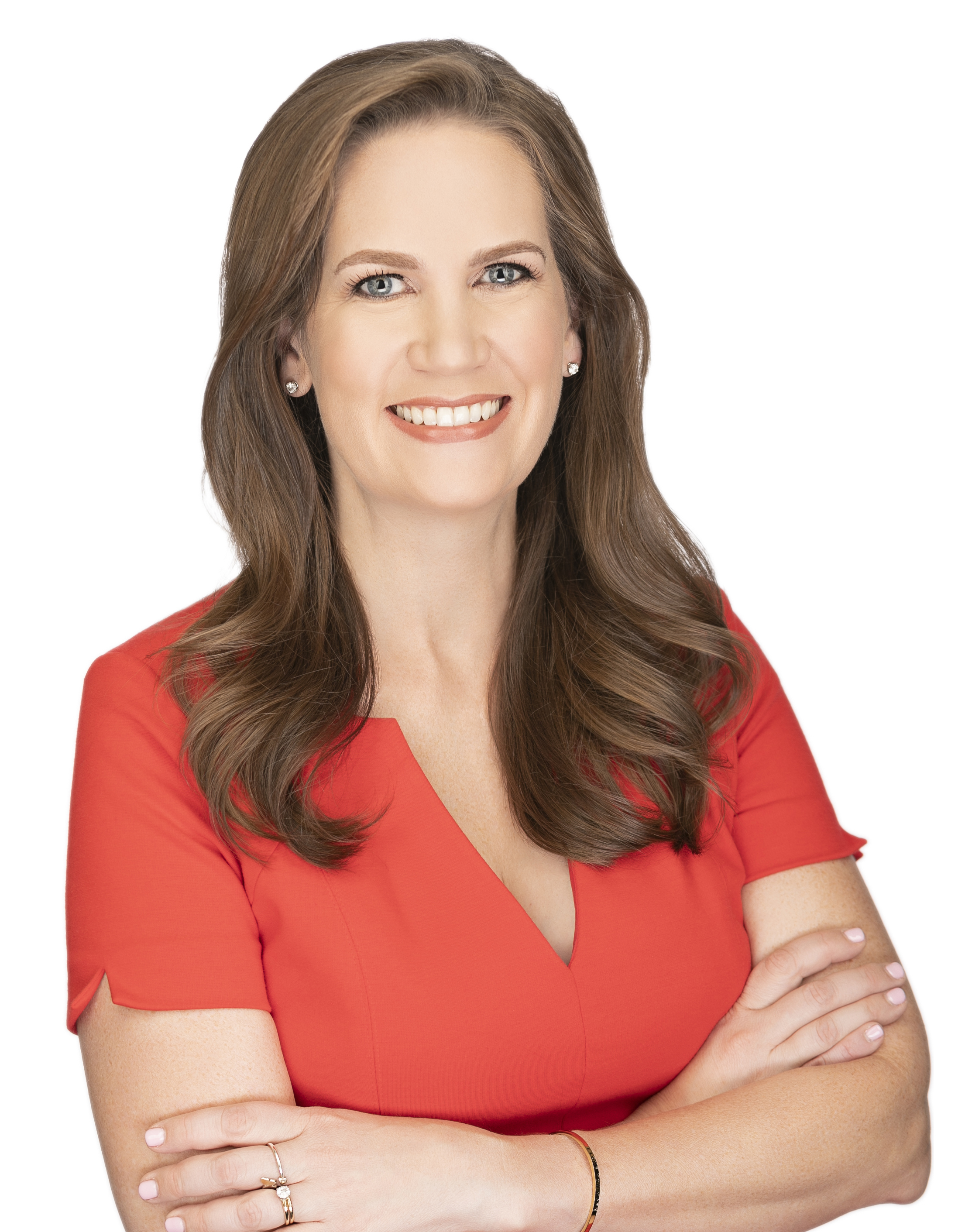
Gayle Trotter
Gayle Trotter is admitted to practice before the Supreme Court of the United States. For many years, she contributed to international media outlets as a political analyst, commentator, and columnist in Washington, DC.
She received her Juris Doctor from the University of Virginia School of Law, where she served as an editor of the Virginia Journal of International Law, ranked among the top 5 “most influential international law journals,” and received her Bachelor of Arts in Government from the University of Virginia.